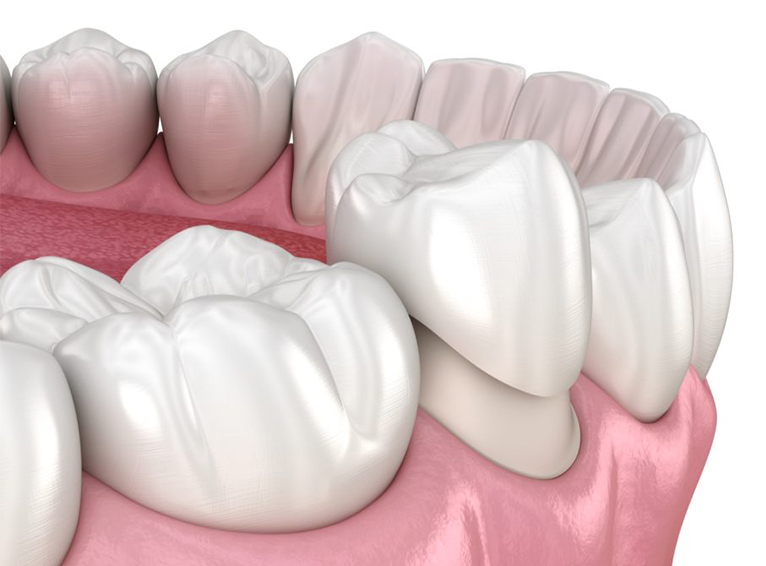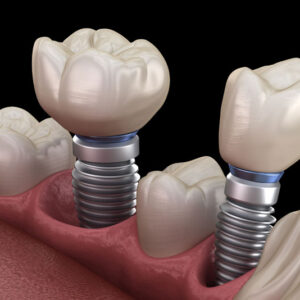Description
Familiarity with Treatment
A zirconia dental crown is a type of dental restoration that is used to cover a damaged or decayed tooth. Zirconia crowns are known for their strength, durability, and natural appearance. They are often recommended for individuals seeking a long-lasting and aesthetically pleasing solution for tooth restoration.
Procedure
The procedure for getting a zirconia dental crown typically involves the following steps:
- Evaluation and Planning: The dentist examines the tooth and determines the appropriate treatment plan. This may involve taking impressions and preparing the tooth for the crown.
- Crown Fabrication: Zirconia crowns can be fabricated using computer-aided design/computer-aided manufacturing (CAD/CAM) technology, which allows for precise and efficient crown production.
- Fitting and Bonding: Once the crown is ready, it is carefully fitted onto the prepared tooth and bonded in place using dental cement.
Who is it Suitable For?
Zirconia dental crowns are suitable for individuals who require a durable and aesthetically pleasing restoration for a damaged or decayed tooth. They are particularly beneficial for individuals seeking a long-term solution for tooth restoration.
Who is it Not Suitable For?
Zirconia dental crowns may not be suitable for individuals with specific dental conditions or preferences that may be better addressed by alternative crown materials. Additionally, individuals with certain medical conditions or allergies should consult with a dental professional to determine their suitability for zirconia crowns.
Advantages
- Strength and Durability: Zirconia crowns are known for their exceptional strength and resistance to wear and tear, making them a long-lasting restoration option.
- Aesthetics: Zirconia crowns can closely mimic the appearance of natural teeth, providing a natural and aesthetically pleasing result.
- Biocompatibility: Zirconia is highly biocompatible, reducing the risk of adverse reactions and promoting overall oral health.
Complications
- Potential Wear on Opposing Teeth: The hardness of zirconia may cause increased wear on natural teeth that come into contact with the crown.
- Challenges in Adjustments and Repairs: Zirconia’s strength can make it more challenging to adjust or repair, potentially requiring replacement in case of damage.
- Aesthetic Considerations: While zirconia crowns offer natural aesthetics, the material’s opaque appearance may not be suitable for all individuals or all areas of the mouth.
Preoperative Care
Preoperative care for a zirconia dental crown involves a thorough dental examination and treatment planning. The dentist will assess the tooth’s condition, discuss the crown procedure, and address any specific concerns or preferences.
Postoperative Care
Following the placement of a zirconia dental crown, individuals should adhere to good oral hygiene practices, including regular brushing, flossing, and dental check-ups. It is important to maintain proper oral hygiene around the crown to prevent complications and ensure its longevity.
Zirconia dental crowns offer exceptional strength, durability, and aesthetics, making them a popular choice for tooth restoration. Thorough preoperative and postoperative care, along with regular dental visits, are essential for the success and longevity of zirconia crowns.






Reviews
There are no reviews yet.